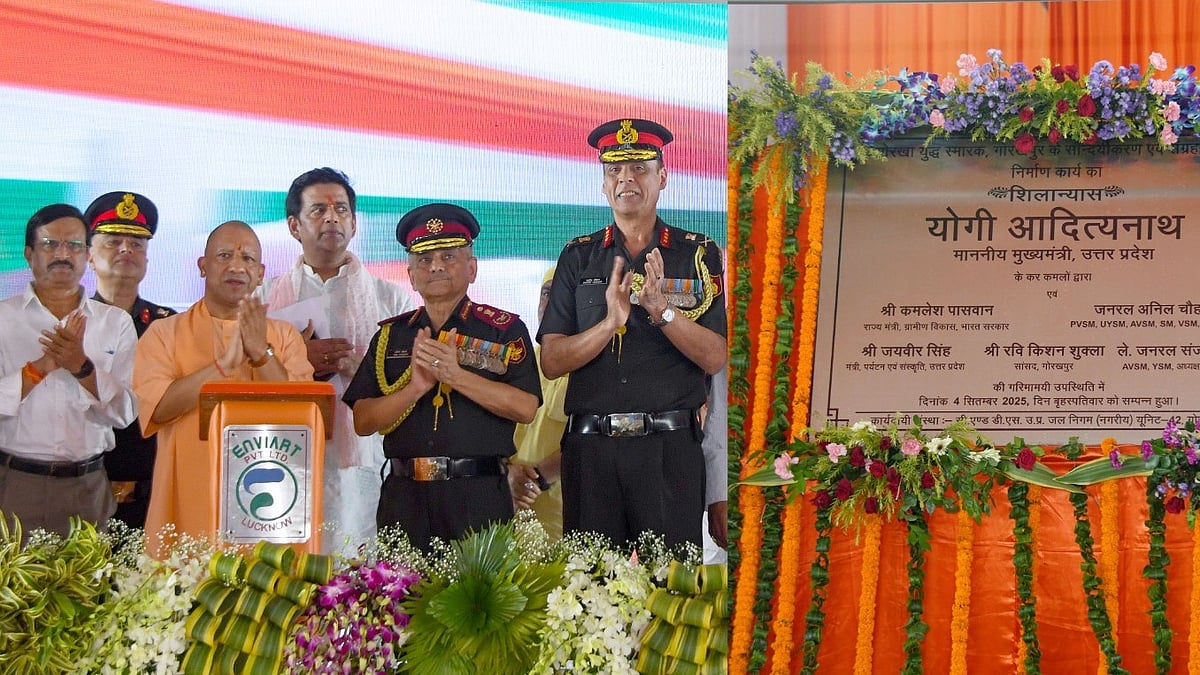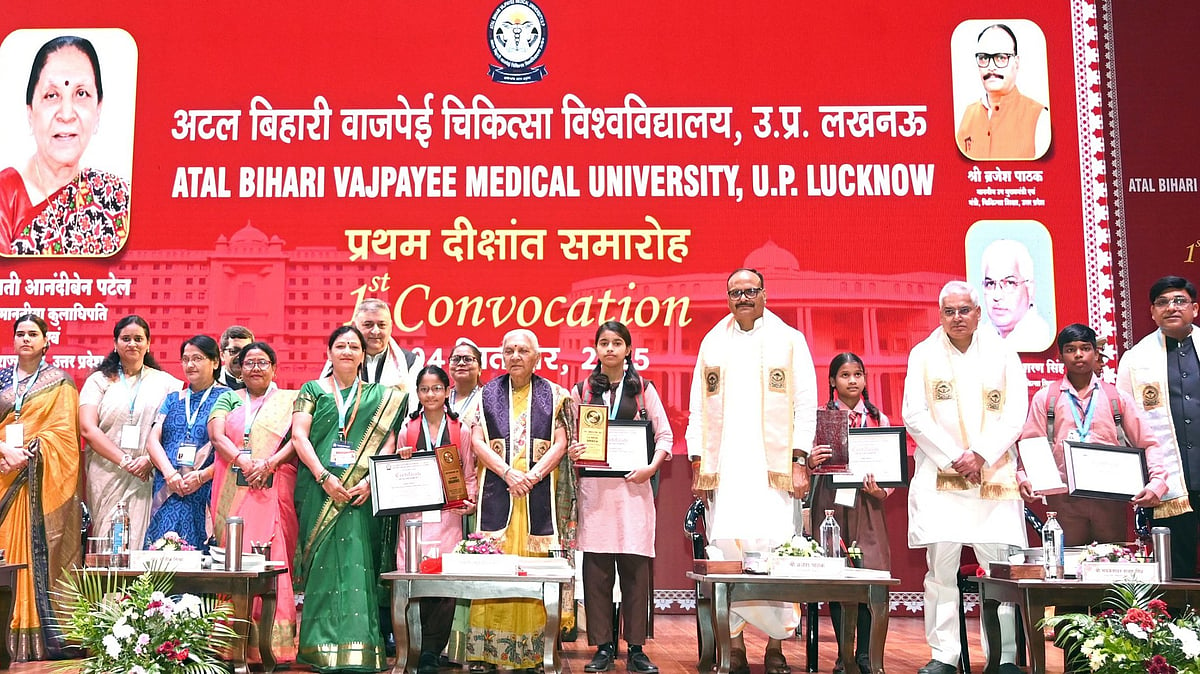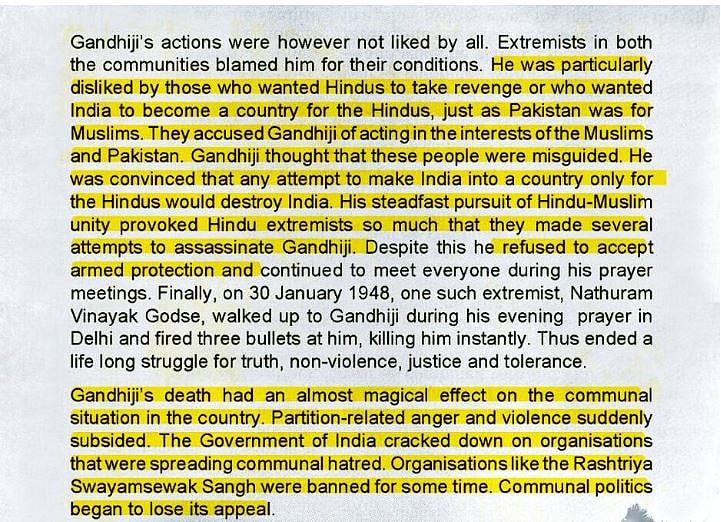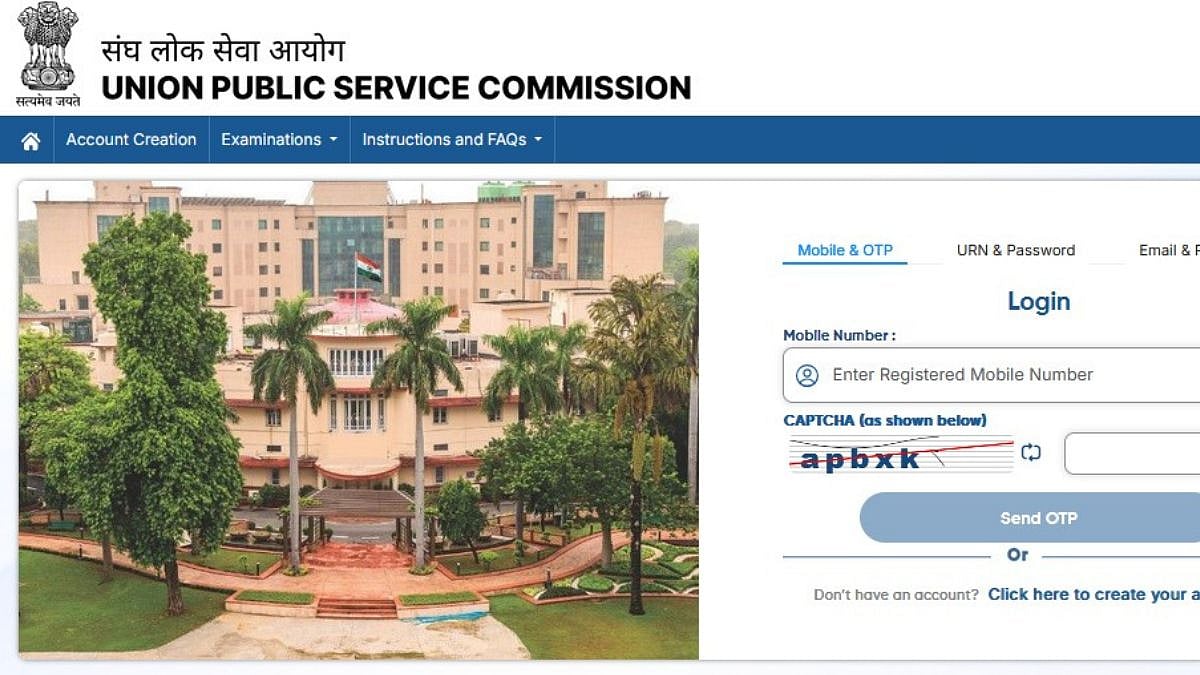New Delhi: As per the draft National Curriculum Framework (NCF), Board exams in two terms might be back for class 12 and the final result for classes 10 and 12 will be decided taking marks of previous class into consideration.
The final scores of students in Classes 10 and 12 will be based on their cumulative performance over two years that may involve at least four board exam sessions beginning from Classes 9 and 11, respectively, while there will be flexibility on the choice and combination of subjects from eight curricular areas on offer in Classes 11-12.
The board exams for classes 10 and 12 were also split into two terms during the pandemic as a one-time measure but the old format of year-end examination was resumed for the class 10, 12 exams this year.
According to Education Ministry officials, the draft which is in final stages will be put in public domain soon for feedback from stakeholders and the new system will be implemented from 2024 academic session.
As per NEP 2020, the secondary stage will comprise four years of multidisciplinary study (class 9-12), building on subject oriented pedagogical and curricular style of the Middle Stage--greater flexibility and student's choice of subjects.
The eight curricular streams are---humanities, mathematics and computing, vocational education, physical education, arts education, social science, science and interdisciplinary areas.
The secondary stage has been divided into two phases:
classes 9-10
classes 11-12.
Broad curricular areas such as science, social science, humanities will be offered in classes 9 and 10.
Disciplines such as history, physics, languages within each curricular area will be offered in class 11 and 12 to enable depth.
Describing the structure for class 9 and 10, the draft NCF says, "to complete class 10, students will complete two essential courses from each of the eight curricular areas available from a total of 16 essential courses across two years of Class 9 and 10."
It adds, "Both the classes will will follow an annual structure (a semester structure in these classes is possible to construct but is unnecessary since all students will do all the essential courses)."
"Students must clear 8 board examinations at the end of Class 10, these assess each of the two essential courses in each curricular area learnt during class 9 and 10. The final certification will be based on the cumulative result of each of the examinations," it further informed.
The draft prepared by the national steering committee, headed by former ISRO chief K Kasturirangan, also suggests that the current practice of streaming into science, arts or humanities, and commerce will be replaced by a design that enables both breadth through engagement with a variety of courses across streams and depth in areas chosen by students.
For classes 11 and 12, the same set of eight curricular areas will continue to be on offer, but choice-based courses will be designed based on the disciplines (example: humanities discipline will offer languages, literature and philosophy) within the curricular areas to ensure deeper and more rigorous engagement.
This stage would be divided into semesters and each choice-based course would be for a semester. Students must complete 16 choice-based courses to complete Class 12. To ensure that the students have adequate breadth, they have to choose disciplines from at least three curricular areas and they have to complete four choice-based courses in that discipline.
For example, if a student chooses social science (curricular area) and history (discipline) within that, she must complete all four courses in history. She could then choose the humanities as the second curricular area and do four courses in philosophy. Mathematics could be the third curricular area with four courses in computer science. The fourth set of courses could be from one of the three curricular areas already chosen or from a completely different one.
Alternatively, if a student chooses science (curricular area) and physics (discipline) within that, she must complete all four courses in physics. She could then choose arts as the second curricular area and do four courses in music. Mathematics could be the third curricular area with four courses in mathematics. The fourth set of courses could be from one of the three curricular areas already chosen or from a completely different one," the draft says.













